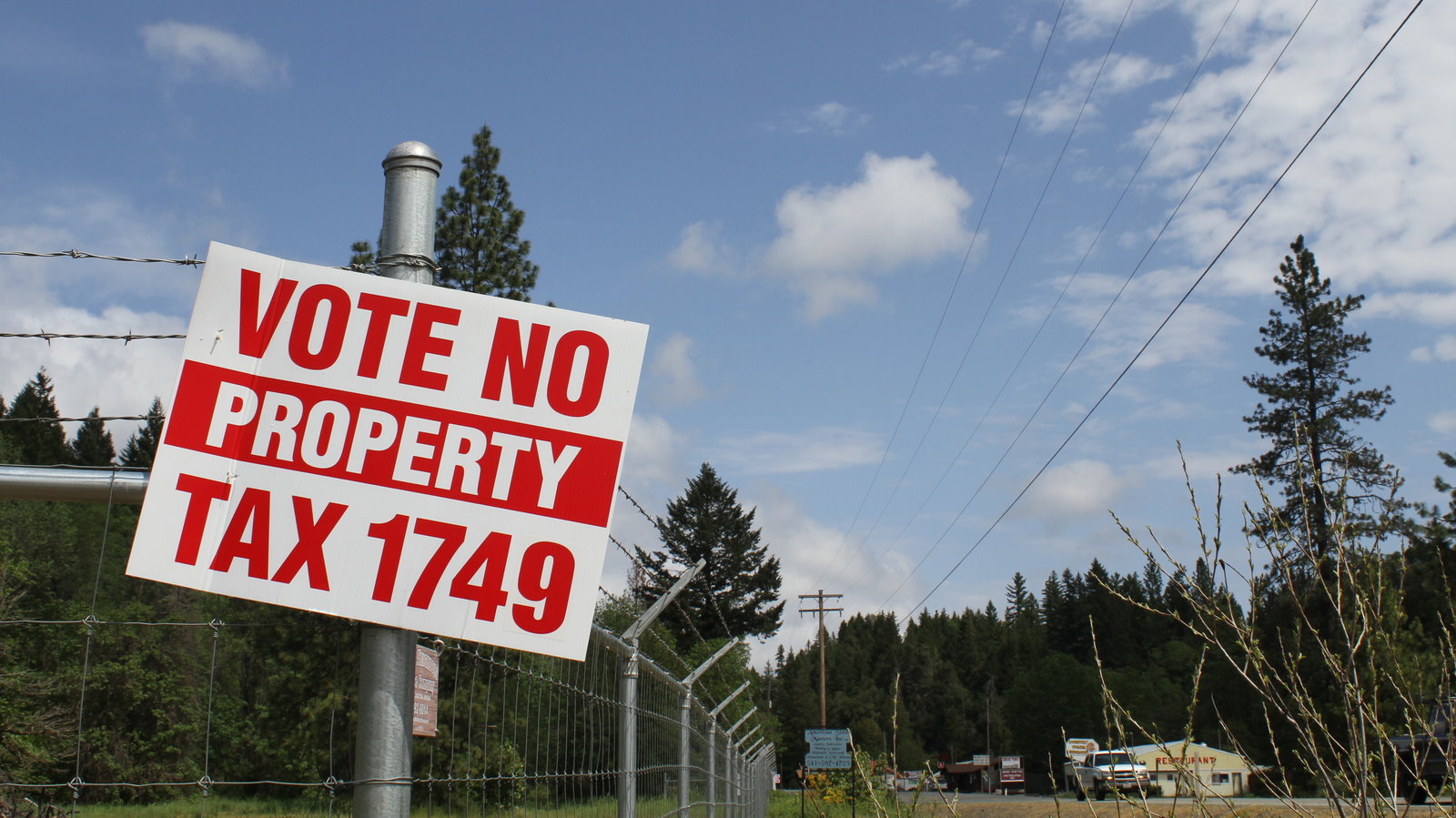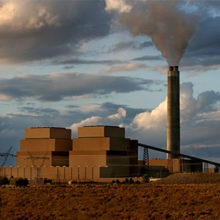Fiscal policies are a powerful tool for economic development. Unfortunately, fiscal policies have failed rural communities in two ways. First, they have created a dependence on a narrow set of industries, such as fossil fuels. Second, fiscal policies have constrained the ability of local governments to grow and invest revenues in ways aligned with economic diversification.
For example, local governments in Utah have every incentive to support fossil fuel development over renewable energy because of the state’s tax policies that disallow local governments from retaining revenue from new wind and solar projects. By comparison, oil and natural gas revenue is exempt from the limits placed on renewable energy, so local budgets can soar when oil prices and production are high.
In this essay we discuss how fiscal policies constrain rural America. We discuss the broad fiscal challenges facing rural communities, using examples of public lands and renewable energy as two areas where rural communities can benefit from economic opportunities but where fiscal policies create barriers to realizing revenue benefits.
Why we wrote this:
Fiscal policies that fail communities are not accidental: many have been deliberately designed to impede diversified rural economic development and to eliminate the revenue benefit of public land conservation or the transition to renewable energy.
By fiscal policy, we mean the ways that governments generate revenue from economic activity—from taxes, fees for services, and royalties on resource extraction, for example—and how governments use these revenues to pay for services such as roads, schools, police, and hospitals.




